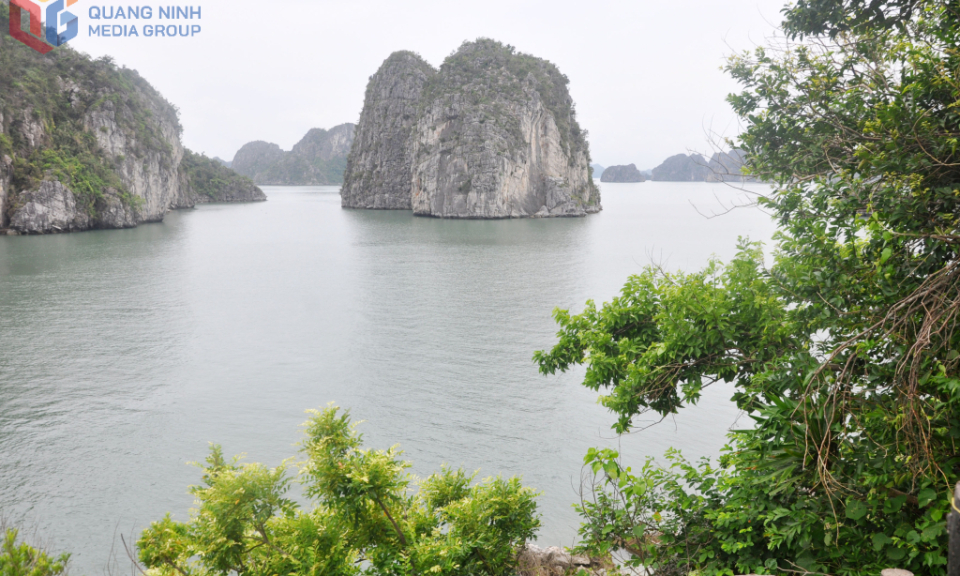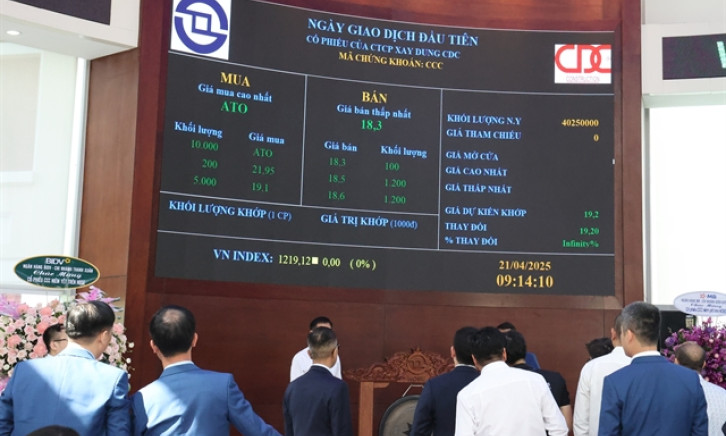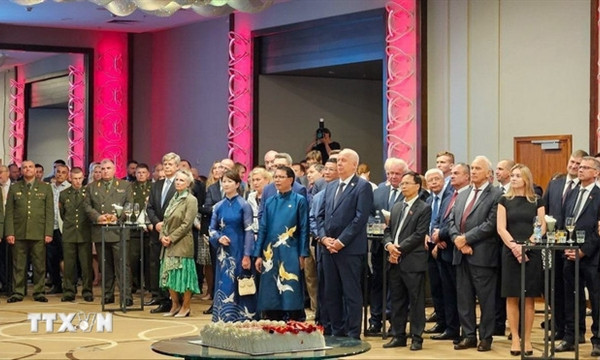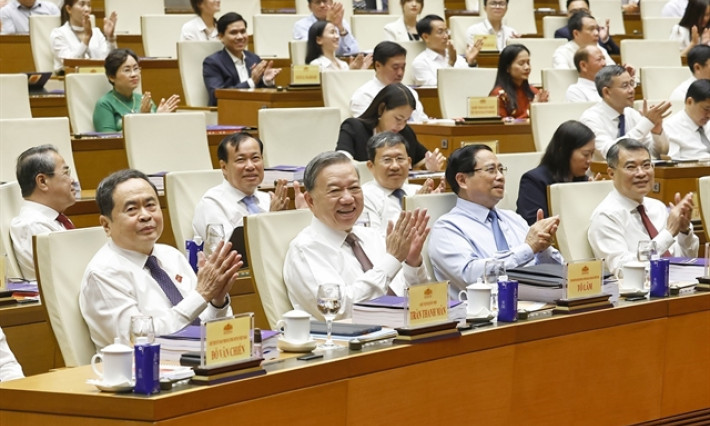Digital transformation helps boost rural tourism
Vietnam’s rural areas possess rich natural and cultural resources, which create favourable conditions for tourism development. However, agricultural-based and rural tourism have not yet been effectively promoted in order to boost the economic growth of these areas.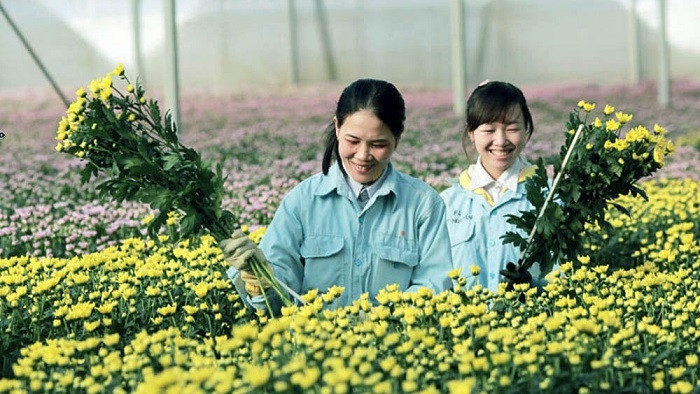
According to Vice Chairman of the Vietnam Handicraft Exporters Association (Vietcraft) Le Ba Ngoc, Vietnam currently has three types of rural tourism on offer, including community-based, agricultural-based and ecotourism. Around 365 tourist spots have been set up in rural areas across the country, together with more than 2,000 traditional craft villages.
He stressed that digital transformation in rural tourism will help to attract more visitors, and provide better services for customers.
In Quang Nam province, agricultural tourism products have been developed to provide visitors with an experience of farming life through assorted activities held in craft villages and rural areas, including the Tra Que and Thanh Dong vegetable growing villages, Thanh Ha pottery village, fishing villages, Bay Mau Cam Thanh coconut forest, fruit gardens in Dai Binh village, and Loc Yen ancient village.
These products have initially brought positive results and attracted much interest from tourists, especially those from Europe and Northeast Asia.
The local authorities are working on a mobile version of a digital tourist map which collects data on local tourist attractions and tourist service providers. The provincial tourism sector has also plans to develop virtual tours or interactive tours to help visitors better understand the place they are about to visit.
Meanwhile, Lam Dong provincial authorities have put forward many policies to facilitate agricultural based tourism development and encourage digital transformation in its tourism activities.
In addition to the official website of tourism, the province has launched the tourism portal http://dalat.vn and smart tourism application DaLatCity to help tourists enjoy their trips to the city.
In addition, with the support of the Japan International Cooperation Agency (JICA), the province has developed ‘Da Lat - Miraculous crystallisation from good soil’ brand to promote its agricultural based tourism potential to domestic and foreign tourists.
Nguyen Van Hung, Deputy Director of the Provincial Centre for Investment, Trade and Tourism Promotion, reported the province now has 33 recognised agricultural tourism models such as the Green Box coffee model, Long Dinh tea, Vinh Tien tea and wine. The models offer higher profits for farmers by speeding up the application of digital transformation in their operations.
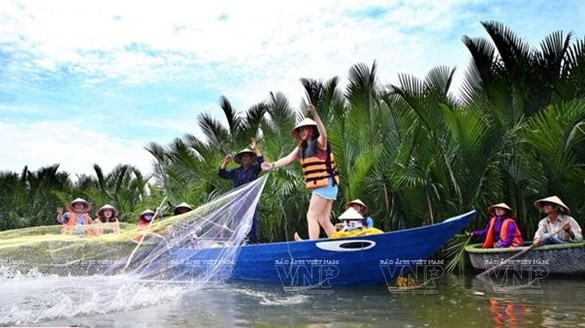
Although digital transformation plays an important role in rural tourism development, the implementation of the process has faced a number of difficulties in localities.
This is a consequence of the fact that locals directly participating in such tourism activities have not yet gotten full access to updated technology to develop and promote their products. The reasons also include a lack of staff equipped with practical knowledge and skills about information technology’s role in rural tourism, low technological infrastructure which has not yet facilitated digital transformation, particularly in remote areas.
Deputy Director of the Vietnam National Administration of Tourism (VNAT), Nguyen Le Phuc said that information sharing and the building of shared applications for rural tourism development are needed to help farmers in rural and disadvantaged areas gain access to digital technology and the tourism market.
He also stressed the importance of supportive policies to attract the private sector’s investment in technology applications to develop rural tourism, and draw further participation and contributions from youths who have received training in technology and tourism into boosting local tourism.
The VNAT also proposed the Ministry of Agriculture and Rural Development coordinate with the Ministry of Culture, Sports and Tourism and localities to foster the implementation of the national target programme on building new style rural areas in the 2021-2025 period, and develop the pilot model of smart tourism villages in localities which have adequate human resources and infrastructure.


